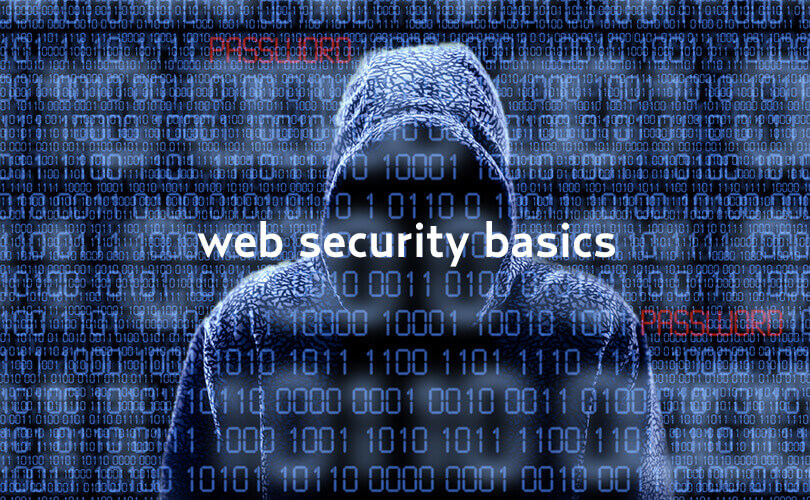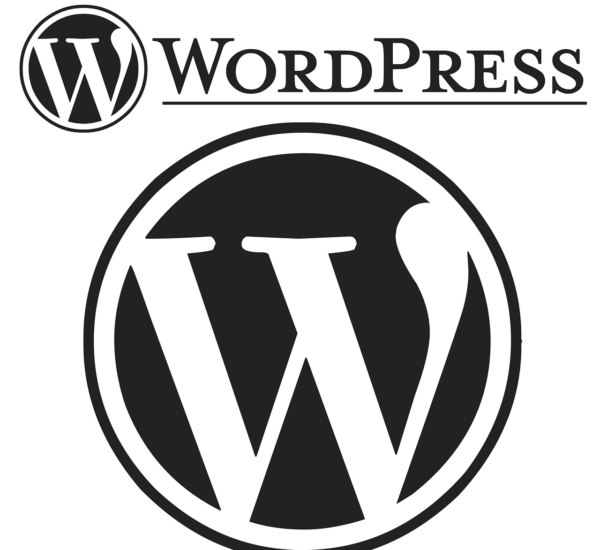In a world where web-development services are forever expanding, there is a range of user friendly content management systems available such as WordPress which can be used by those with little or no tech experience. Although this may sound like a dream come true to many and be excellent for businesses of a wide variety, it does come with alarming security risks and vulnerabilities.
With many business owners holding little technical web experience it goes without saying that many of these also don’t know how to make their websites safe and secure, not understanding the importance of web security and making errors which could cause a lot of harm.
Each and every year hackers are getting smarter; able to code their way into unprotected websites, redirect websites to other sites, steal private customer data and in some cases even remove websites from the web altogether. Of course for businesses all of these things can bring serious implications.
Web Security for SEO
Google dislikes security problems. When Google senses that websites are vulnerable to security problems it lets visitors know, displaying the warning “This site may harm your computer”. If your company is trying to boost rankings and sales using SEO, it is vital to therefore keep up with basic security practices! Keep on reading to discover how to make your website safe.
Improving your web security
Here are just a few of the web security practices available – Be sure not to ignore these:
- Strong, unique passwords – Weak passwords are possibly one of the most popular causes of malicious hacking, with hackers using password hacking programs to get into websites easily. Passwords therefore must be random, long and unique, using combinations of letters, number and symbols. The same password shouldn’t be used more than once.
- Plugin updates – It is vital that all plugins and CMS versions are updated the moment they become available to update. Failing to update these things can make websites vulnerable and easy for hackers to enter.
- Trustworthy extensions – Extensions and plugins for websites must be chosen carefully, ensuring that the extensions being chosen have up-to-date versions available (one year or less). It also can be a good idea to choose extensions which already have thousands of installs – If something looks mysterious and untouched, it should be avoided.
- One website per server – When multiple sites live in one location, hackers are provided with the opportunity to breach all of them at one time. To avoid multiple sites being hacked and ensure security of numerous websites, each site should be hosted on its own separate server.
- Least privileged permissions – When a website has several logins it is important that users are only granted the basic access in which they need to complete tasks at hand. When multiple users are granted administrative privileges rather than editing access a website security can become much more vulnerable.
What are you waiting for?
If you would like to ensure that you website is as safe and secure as possible, here at RS Digital our team can help you. For a website audit as well as leading advice and guidance, pick up the phone and call 01282 452096 today.






